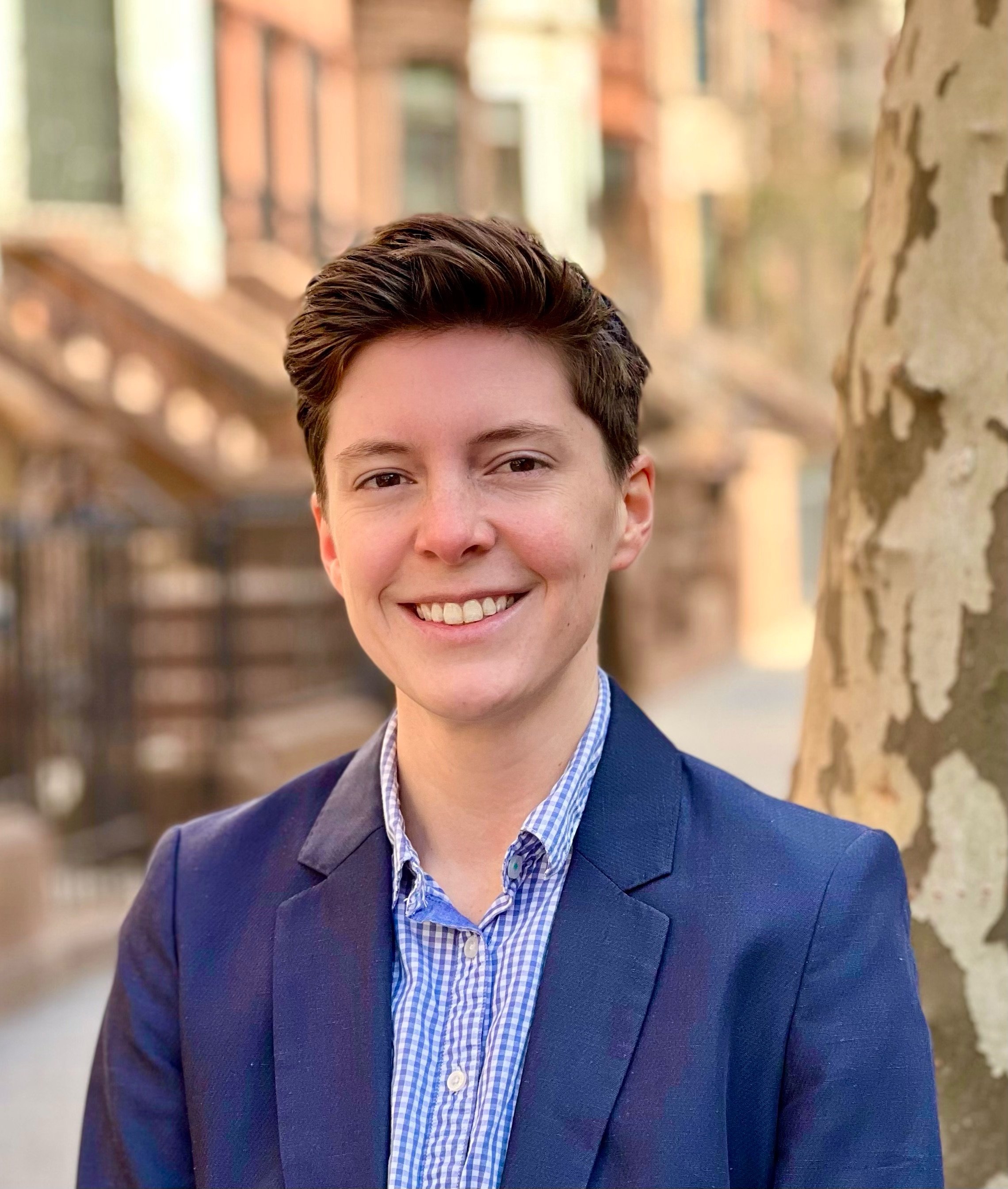This year, the SCS/AIA is holding its annual conference virtually, and Department of Classics faculty, graduate students, affiliated students, and alumni will be making presentations over the coming days. Please read on for more details.
Thursday, January 6
FIRST PAPER SESSION (8:00am-10:30am PST = 11:00am-1:30pm EST)
SCS-1: Rebuilding, Reconnecting, Restructuring: The Future(s) of Classical Studies Post-COVID (organized by the Graduate Student Committee, I. Morrison-Moncure, and C. Gipson)
Elizabeth Heintges (Classics), “Collaboration on the Macro- and Micro-Scale”
SCS-3: Ancient Music and the Visual Arts (organized by MOISA and C. Brøns)
Deborah Steiner (faculty), “Things that Sing: Objectified Music in Archaic and Early Classical Greece”
SCS-5: Enslavement and Literary Work in the Roman Mediterranean (organized by J. Coogan, J. Howley, and C. Moss)
Brett Stine (Classics), “A Slip of the Tongue: An Exploration of Enslaved Visibility in Roman Book Work”
Cat Lambert (Classics), “Enslavement and the Reader(s) in Seneca's Moral Epistles”
Joseph Howley (faculty), “The Amanuensis as Vilicus: Enslaved Labor in Roman Agriculture and Authorship”
AIA-1C: Roman Epigraphy and Writing
Alice Sharpless (CLST), “Inscribing Value? A New Look at Weight Inscriptions on Roman Silver”
THIRD PAPER SESSION (2:00pm-5:00pm PST = 5:00pm-8:00pm EST)
SCS-25: Parmenides and Plato (M. Folch presiding)
Emma Ianni (Classics), “Antigone in Magnesia: Plato's Revision of the Sophoclean Tragedy in the Laws”
AIA-3F: Boundaries and Liminality in Roman Material Culture (colloquium; organized by L. Porstner and S. Madole Lewis)
Nikki Vellidis (CLST MA ’21), “Beware of Envy: A Study of Phthonos in the Envy Mosaic of the Villa of Skala”
Friday, January 7
FOURTH PAPER SESSION (8:00am-10:30am PST = 11:00am-1:30pm EST)
SCS-32: The Poetics of Slavery and Vergil's Georgics (organized by K. Dennis and E. Valdivieso)
Joseph Howley (faculty), “Response”
FIFTH PAPER SESSION (11:00am-1:00pm PST = 2:00pm-4:00pm EST)
SCS-36: Honig's Bacchae / Euripides' Theory of Refusal (organized by C. Conybeare)
Vanessa Stovall (CLST M.A. ’20), ““Actin' Womanish” - Fabulation, Cosmetics, and (En)gendered Sophistry with Euripides and Hartman in Bacch(ant)ic Canon”
SCS-38: Ancient Medicine (T. Mulder presiding)
Erin Petrella (Classics), “Magicae Herbae, Alchemy, and the 15th Century Reception of Pliny's Historia Naturalis”
SIXTH PAPER SESSION (2:00pm-5:00pm PST)
SCS-50: Black Athena before Black Athena (organized by Eos: Africana Receptions of Greece and Rome, M. Hanses, and J. Murray)
Yujhán Claros (Classics PhD ’21), “Modernist Poets at the Margins: The Prophetic Arts and Aesthetics of Kahlil Gibran and Melvin Tolson”
AIA-6C: Signifying the Senses and Female Emotions in Italy and Greece (colloquium; organized by A. Eichengreen and D. Smotherman Bennett)
Maria Dimitropoulos (CLST), “Lemnian Deeds: Representations of Spousal Homicide in Vase Painting”
AIA-6F: Material Evidence of Dance Performances in the Ancient World (colloquium; organized by A. Bellia and E. Angliker)
Deborah Steiner (faculty), “Buildings that Dance: Choral Architecture in Stone and Text”
Saturday, January 8
SEVENTH PAPER SESSION (8:00am-11:00am PST = 11:00am-2:00pm EST)
SCS-63/AIA-7D: Multilingualism and Coinage in the Ancient World (Joint AIA-SCS Session, organized by J. Simmons and T. Ish-Shalom)
Ute Wartenberg (faculty), “Multilingualism and Coinage in the Achaemenid Empire”
Tal Ish-Shalom (CLST), “Beyond Audiences: Bilingual Coins in Late-Hellenistic Sidon and Tyre”
Jeremy Simmons (CLST PhD ’20), “Signals in Script: Finding Meaning in Multilingual Issues of the Kushans and Western Kshatrapas”
AIA-7A: Roman Sculpture
Alexander Ekserdjian (Art History), “Communication from on High: the Function of the Images of the Gods in the Temple Pediments of Hellenistic Italy”
NINTH PAPER SESSION (2:30pm-5:00pm PST = 5:30-8:00pm EST)
SCS- 77: Freedom and Enslavement (J. Howley presiding)
SCS-79: Egypt (E. Kelting presiding)
Susan Rahyab (CLST), “The Private Lives of Public Notaries: Uncovering the Agoranomoi in Greco-Roman Egypt”




















